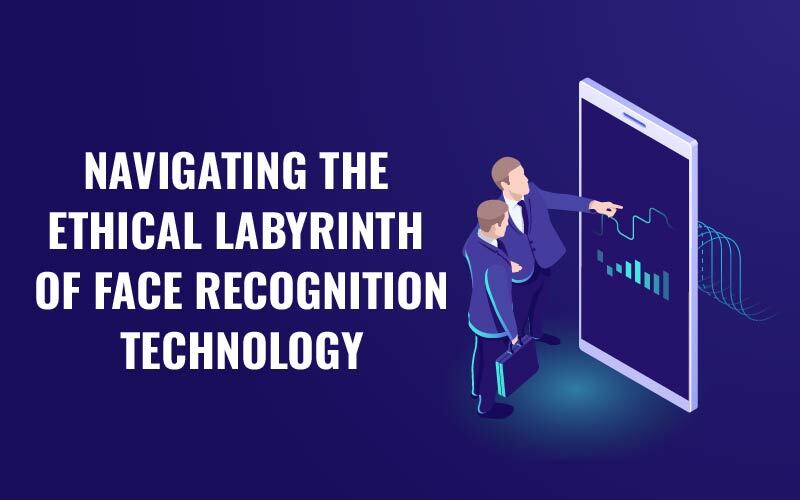There has been a revolution in computers and communications over the last several decades, and all signs are that technological advancement and the usage of information technology will continue to accelerate. The falling cost of communications as a consequence of both technological breakthroughs and more competition has accompanied and supported the enormous growth in the power and use of new information technologies. Moore’s law states that the processing power of microchips doubles every 18 months.
These advancements bring several big benefits as well as considerable difficulties. Today, information technology breakthroughs are having far-reaching implications across many aspects of society, prompting policymakers to address concerns such as economic productivity, intellectual property rights, privacy protection, and information affordability and availability.
Business models, commerce, market structure, workplace, labour market, education, private life, and society as a whole are all impacted by information technology and electronic commerce.
1. Business Models, Commerce and Market Structure
By reducing the need for distance, information technology has a huge influence on work. The geographical distribution of employment is shifting dramatically in several industries. For example, some software companies have discovered that exporting projects to India or other countries with cheaper pay might help them overcome a tightly local market for software professionals.
Furthermore, such arrangements can take advantage of time differences, allowing vital tasks to be worked on almost continuously. Companies can outsource manufacturing to other countries and rely on telecommunications to keep marketing, R&D, and distribution teams in touch with manufacturing.
2. Workplace and Labour Market
The fact that computers and communication technologies are reducing the relevance of distance favours telecommuting, which has ramifications for residents’ residence patterns. The demand for houses in climatically and physically appealing places will rise when workers discover that they can accomplish most of their job at home rather than in a centralised workplace. The ramifications of a movement in employment from the suburbs to more rural regions would be significant.
Property values would climb in desirable areas while falling in the outskirts. The environment and rural, historical, or romantic features of life in the newly desirable locations would be jeopardised. Because most telecommuters would be well educated and compensated, demand for high-end and high-status businesses such as gourmet restaurants and apparel stores would rise in these locations.
3. Education
Advances in information technology will affect education by complementing rather than replacing traditional classroom learning. Indeed, a competent instructor fills many functions.
The instructor serves as a service provider to the pupils, who may be considered clients. An effective educator, on the other hand, acts as a student supervisor, motivating, encouraging, assessing, and developing students. For each topic, there will always be a small percentage of students who have the background, motivation, and self-discipline to study through self-paced workbooks or computer-assisted instruction. Do Guest Blogging for Technology Write For Us category in our website Business Glimpse. So that our audience or readers can get more knowledge about it.
Also Read: Top 10 Technology Write For Us Sites To Submit Blogs
4. Private Life and Society
Increased digital representation of a wide range of material leads to simpler and less expensive duplication and dissemination of data. The impact on content distribution is mixed.
On the one hand, material may be supplied for less money per unit. Distributing material outside of channels that respect intellectual property rights, on the other hand, may undercut the incentive of producers and distributors to develop and distribute content in the first place. Information technology raises a host of worries about intellectual property protection, demanding the creation of new tools and regulations to handle the problem.
In both the public and private sectors, the rapid expansion of computer and communications capabilities has raised substantial privacy issues. As the cost of data storage and processing falls, both government and commercial data-mining companies will be able to amass full dossiers on all residents. Nobody knows who gathers personal data, how that data is utilised and shared, or how that data may be exploited.
Consumers’ faith in online organisations and communication is eroded as a result of these issues, impeding the growth of electronic commerce. Although encryption is a technological means of maintaining privacy, it has been claimed that it poses a significant hindrance to criminal investigations.
Also Read: Web Development Interview Questions And Answers PDF




